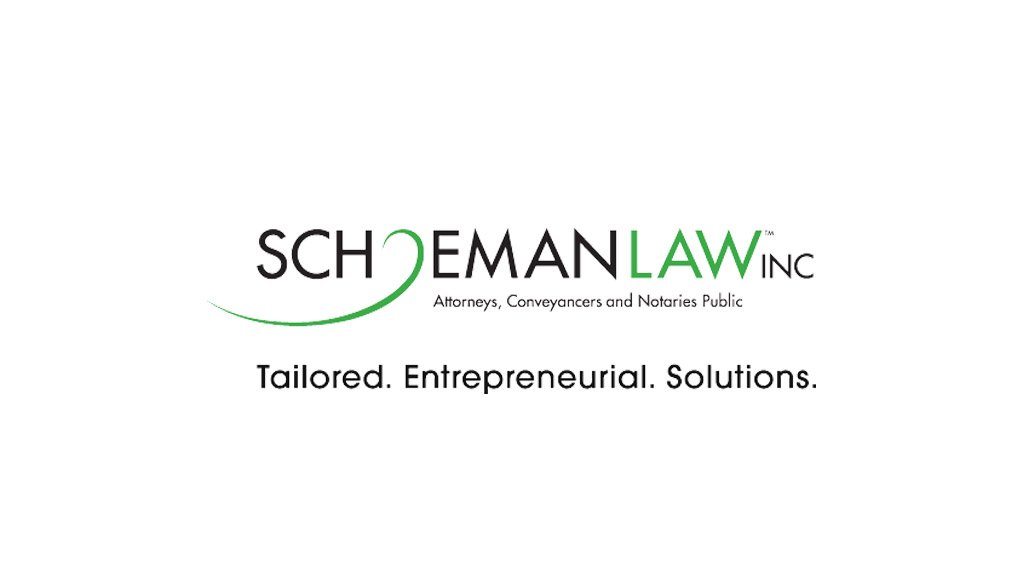Litigation and disputes are often traumatic experiences, especially on the personal front. Divorcees will attest to that. Business usually is perceived as being shielded from this somewhat intensely personal experience. As an attorney, knowing that a company is on the other side of the dispute is the security for costs application.
In a recent case, Fusion Properties 233 CC v Stellenbosch Municipality (932/2019) [2021] ZASCA 10, the legal battle between Fusion and the municipality had an excessively lengthy and complicated history. The municipality argued the existence of any valid agreement between them and Fusion. Fusion argued that the parties did enter into a valid sale of agreement of R32 million. The municipality then turned to the High Court and applied for a declaration that there was no contractual link between them and Fusion. Security for costs is an order requiring a party to pay money to the court or provide a bond or guarantee as security for their opponent's fees of the proceeding or part of it.
Had Fusion not be a Close Corporation, it would not be obligated to pay the opposing party's costs. This was alleged because the Companies Act 71 of 2008 abolished section 13 of the former Companies Act 61 of 1973. Fusion further held that the High Court had no reason to give effect to section 8 of the Close Corporation Act 69 of 1984, which affords a right to a defendant or respondent in legal proceedings instituted by close corporations where it appears that there is reason to believe that the corporation will not be able to pay the costs of the defendant or respondent if successful in their defence.
The municipality brought an interlocutory application in terms of Rule 47(3), read with Rule 6(11), claiming that the action has stayed until the security was furnished. The High Court dismissed the grounds upon which Fusion relied to resist the demand for security. Fusion appealed against the High Court's decision and held that paying a deposit of costs would impede their constitutional right to access justice.
The Supreme Court of Appeal held that the High Court, in ordering Fusion to furnish security, exercised their discretion in the narrow sense. This meant that the SCA’s powers to interfere with the exercise of such discretion on appeal were restricted. The SCA held that the court would only interfere in limited circumstances. It is found that the choice has not been exercised judicially or exercised on the wrong appreciation of the facts or principles of law. The SCA rejected the SCA dismissed Fusion’s application with costs, including the costs of two counsel.
The lesson in this is that businesses could be held liable for security of costs, even under the Companies Act 71 of 2008. It is therefore advisable to put measures in place to avoid the dispute situation from the outset.
Written by Nicolene Schoeman-Louw, Managing Director, Schoeman Law
EMAIL THIS ARTICLE SAVE THIS ARTICLE ARTICLE ENQUIRY
To subscribe email subscriptions@creamermedia.co.za or click here
To advertise email advertising@creamermedia.co.za or click here











